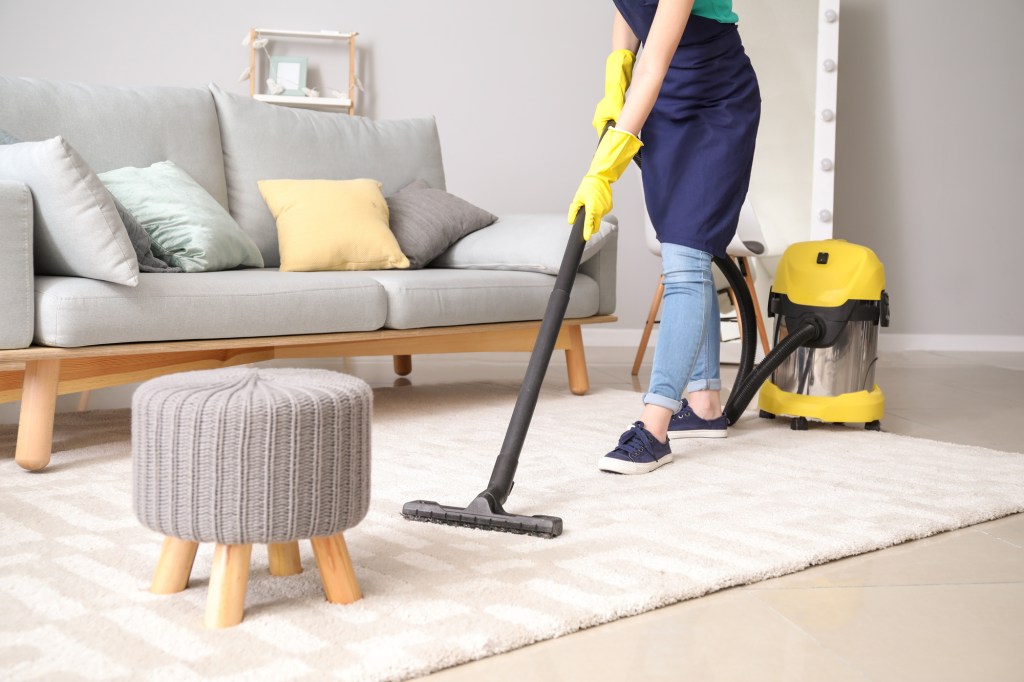Most people see pests as nothing more than a nuisance. Bugs and rodents might be disgusting, but they don’t seem like a real threat—until they are. The truth is, some pests do more than just gross you out. They can carry diseases, wreck parts of your home, and even trigger allergies. And the worst part? You might not even realize there’s a problem until things get serious.
If you’ve ever seen a cockroach dart across the kitchen or heard scratching sounds in the walls, you know how unsettling it can be. But the real concern isn’t just what you see—it’s what’s happening behind the scenes. Here’s why pests are a bigger deal than most people think and what you can do to keep your home safe.
Why You Shouldn’t Ignore a Pest Problem
A lot of people try to take care of pests on their own. They put out traps, spray some bug killer, or clean up obvious signs of critters. That might seem like it fixes the problem, but in most cases, pests are just really good at hiding. If you’ve spotted one, chances are there are a lot more you haven’t seen yet.
Bringing in an exterminator boise, or a similar professional in another location can make all the difference. Pest control experts don’t just deal with what’s visible—they figure out where the problem started and make sure it doesn’t happen again. Instead of wasting time and money on temporary fixes, getting professional help can save you from bigger (and more expensive) problems down the road.
Pests Can Make You Sick

Think about where pests have been before they find their way into your home. Rodents scurry through sewers and garbage. Cockroaches crawl through drains, alleys, and other filthy places. Flies land on rotting food, animal waste, and dead things before buzzing around your kitchen.
These pests don’t just bring themselves inside—they bring bacteria and viruses with them.
Rodents, for example, leave behind urine and droppings that can carry harmful bacteria like salmonella. If their waste dries up, it can turn into airborne particles that you end up breathing in without even realizing it. Cockroaches aren’t much better. They can track bacteria like E. coli onto food surfaces, and mosquitoes? They can spread diseases like West Nile virus with just a single bite.
Even something as small as a housefly can be a problem. They land on garbage and animal waste before touching your countertops, plates, and food. Without knowing it, you could be eating germs that could make you sick.
Pests Can Wreck Your Home
Aside from making people sick, pests can also destroy parts of your house—and sometimes, you won’t even notice the damage until it’s too late.
Termites and carpenter ants eat away at wood from the inside, weakening floors, walls, and even support beams. They work slowly but steadily, so by the time you see the damage, you could be looking at some seriously expensive repairs.
Rodents are another nightmare. Mice and rats will chew through just about anything—wood, plastic, insulation, even electrical wiring. That’s not just frustrating; it’s dangerous. Frayed wires from rodent damage have been known to start house fires.
Even smaller pests, like silverfish and moths, can be a pain. They might not chew through walls, but they willruin clothes, books, and important papers. If you’ve ever pulled out a sweater or a stack of old photos and found little holes in them, now you know why.
Allergies and Breathing Problems

If you or anyone in your home has allergies or asthma, pests can make things much worse. You might not think about bugs and rodents affecting air quality, but they absolutely do.
Cockroach droppings, shed skins, and saliva contain allergens that can trigger asthma attacks—especially in kids. Rodent waste can do the same thing, causing sneezing, coughing, and itchy eyes. Even if you don’t have allergies, constant exposure to these allergens can lead to breathing problems over time.
Then there are dust mites. They aren’t like regular pests since they don’t crawl around your house, but they dolive in carpets, bedding, and furniture. Their waste is another trigger for allergy symptoms, and once they settle in, they’re tough to get rid of.
Even if you don’t actually see these pests, the waste and particles they leave behind can linger in your home for a long time, affecting your air quality and making it harder to breathe.
Pests Multiply Fast—Don’t Wait to Act
One of the biggest problems with pests? They don’t just stay at the same level—they spread. Fast.
A single mouse can have a dozen babies in just a few months. Cockroaches lay eggs in hidden corners, and before you know it, your home is full of them. Bed bugs? They don’t carry diseases, but they do bite, and once they infest a mattress or a couch, getting rid of them is a nightmare.
Because pests reproduce so quickly, ignoring the problem just makes things worse. By the time you realize how bad it is, you could be dealing with a full-blown infestation. That’s why it’s always better to take care of pests as soon as you notice them.
How to Keep Pests Out for Good

If you want to avoid dealing with pests in the first place, prevention is key.
Start by sealing up any small cracks or gaps around doors, windows, and walls—tiny openings are all it takes for bugs and rodents to get inside. Store food in sealed containers, clean up crumbs, and don’t leave dishes sitting in the sink overnight. Taking out the trash regularly and fixing leaky pipes can also help since pests are attracted to moisture and leftover food.
It’s also smart to check your home for signs of pests every now and then. If you notice droppings, chew marks, or a weird smell coming from a certain area, don’t ignore it. Acting fast can stop a small problem from turning into a huge one. And if things are already getting out of control, calling in a professional is the best way to handle it before it gets worse.
Final Thoughts
Pests might seem like just a minor inconvenience, but they can cause real problems—some that can cost you a lot of money or even affect your health. They spread bacteria, damage your home, and make allergies worse. The longer they stick around, the bigger the problem gets.
The best way to avoid all of this? Stay on top of pest prevention. Keep your home clean, fix leaks, and make sure they don’t have an easy way inside. And if you notice even one pest, don’t wait—taking care of it sooner rather than later can save you from a much bigger headache down the road.
0
Related
Read the full article here


